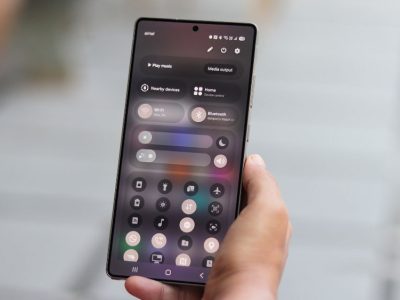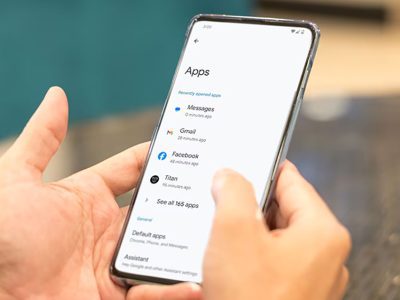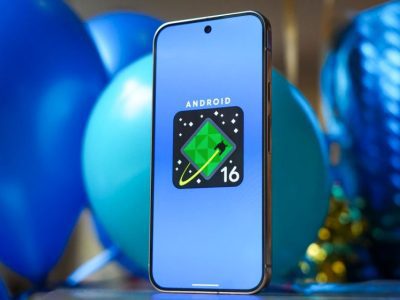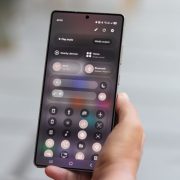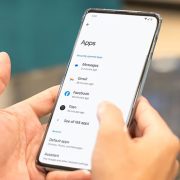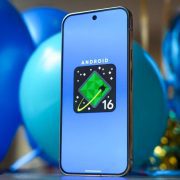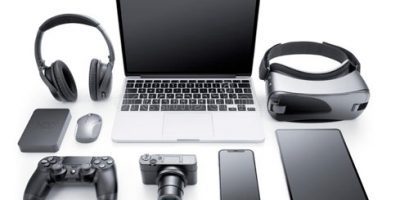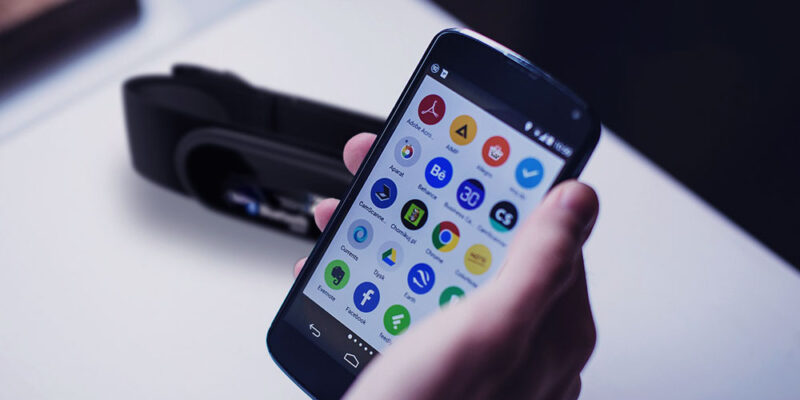
Android 15 is coming to an Android phone near you, and while Google continues to release early builds to developers, the most recent Android 15 preview highlighted an intriguing feature for music fans like me. It appears that Bluetooth music sharing across devices will be enabled natively once the new platform update is released, and I could not be more excited.
Listening to music on a Bluetooth speaker is delightful, but not always practical. Sometimes you and a friend or partner may want to listen to the same audio while maintaining some privacy. Prior to the introduction of TWS Bluetooth earbuds, such problems were often solved by sharing a pair of corded earphones or utilizing an AUX splitter.
Unfortunately, the 3.5mm audio port is in serious jeopardy at this point. This means that if you want to view the same movie or YouTube video on a phone or tablet with someone else, you must use the device’s speakers or offer each person a wireless headphone. Wearing over-ear headphones makes it impossible.
I’m not sure about you, but I find this annoying over and over again. My spouse and I occasionally argue about who gets to use which earpiece when watching TV or listening to music. This generally happens while we are travelling.
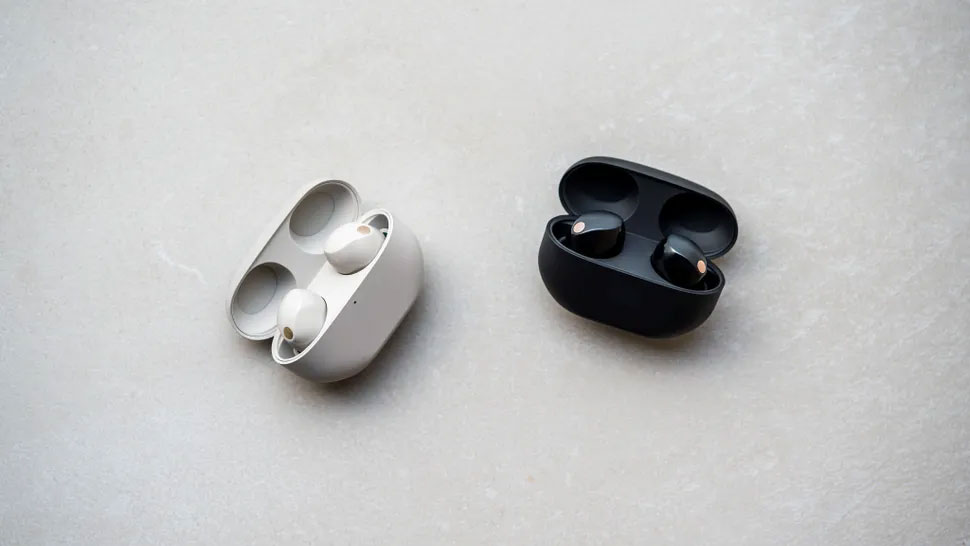
Bluetooth-Audio
Samsung introduced a clever solution for this many years ago. The feature is known as Dual Audio, and it is available on the majority of smartphones from various brands. Bluetooth allows you to connect two audio devices to a phone and concurrently broadcast the same audio to both. This can include headphones, earbuds, or speakers, as long as your Samsung phone and audio device support Bluetooth 5.0 or higher. There is a two-device limit, but it’s still an excellent method to watch or listen to something with someone.
Non-Samsung Android phones do not include this capability. This got me thinking, and I thought it was weird that they don’t, given that multipoint connections have been around for several years. Since you can currently connect multiple devices to a single phone over Bluetooth at the same time, why not include the ability to push audio playback as well?
I was curious, so I did some investigating. It turns out that things are slightly more difficult than that. Multipoint is built around the capacity to receive audio from numerous sources. Connecting and outputting to several devices at the same time necessitates differing technical specifications, which may explain why Dual audio is only available on Samsung phones. The specific working details are still unclear, and I contacted Samsung for more information on how the business can get Dual Audio operating on its devices, but I did not receive a response in time for publication. However, I will update the article as I have additional details. However, compatibility is a factor here.
Samsung’s Dual Audio is an algorithmic enhancement that enables Bluetooth 5.0 and higher devices to send audio output to two devices at once. While the function has been there since the Galaxy S8, Samsung refined it and promoted it more with the Galaxy S21 series.
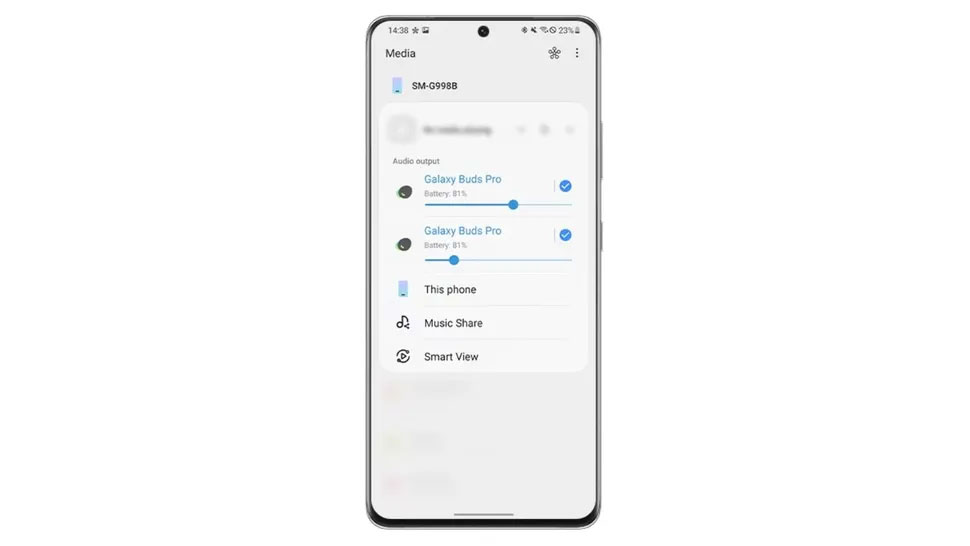
Bluetooth-Audio
However, Samsung is not alone in offering this feature. Apple phones have a similar audio-sharing feature, and like Samsung, they must support Bluetooth 5.0 or higher. iPhones use Bluetooth to share audio with numerous audio devices.
As seen in the Android 15 developer beta, it appears that more Android users will be able to share their phone’s audio playback across different devices. Although the feature was not working in the preview at the time of writing, it did provide an option to share the audio with “everyone,” leading us to believe that there may be more than just a two-device limit, which is quite intriguing.
Based on what is seen, I believe the capability is based on Bluetooth Auracast technology. Auracast was once known as Audio Sharing, but it received a recent revamp.
Bluetooth SIG introduced a new and enhanced version of the functionality in June 2022, but we didn’t see any devices debut with it until lately, thanks to Samsung and One UI 6.1, which was just rolled out to certain Galaxy flagships. Auracast was also demonstrated at CES 2024, after which some Samsung devices, including the Galaxy Buds 2 Pro, were updated to support it.
The best thing about Bluetooth Auracast is that there are no device limitations; you may use it to broadcast audio to as many devices as you like. And, because it requires Bluetooth LE Audio and Bluetooth 5.2 to function, it is logical to presume that it will utilize less power than Bluetooth Classic.
As the expected July release date of Android 15 approaches, my hopes grow. Google frequently adopts Samsung’s most popular features and integrates them into Android. Quick Share is one such example, and audio sharing via Bluetooth may be the next to follow suit.
I’m counting on Google to publicize this function and make it available to all Android users. If the audio-sharing feature is indeed driven via Bluetooth Auracast, it will be significantly more helpful and adaptable.
All of the signals are there; I just hope it works out as smoothly as it did in my thoughts. This has the potential to significantly alter how we use our wireless audio devices, therefore it would be a tragedy if incompatibility or other concerns hampered its success.
Views: 484

